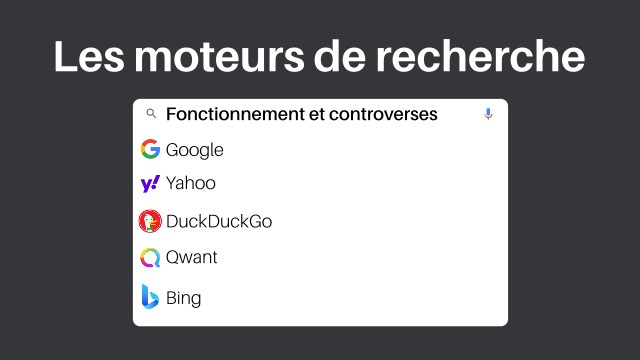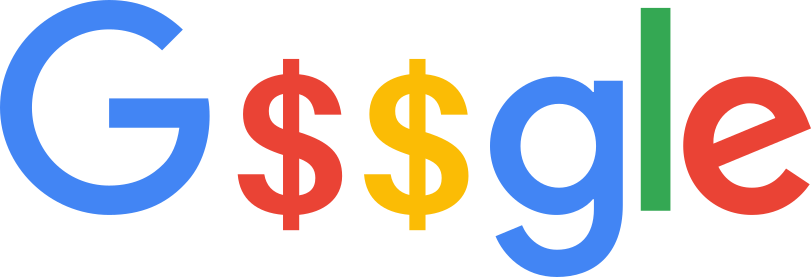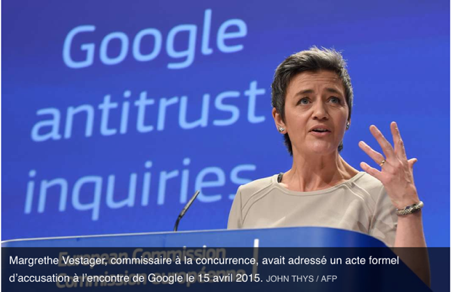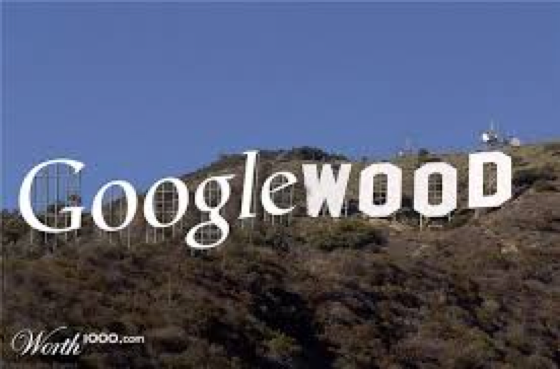Les moteurs de recherche — fonctionnement et controverses
Résumé de section
-
Ce cours est consacré aux moteurs de recherche, leur fonctionnement, et les controverses dont ils font l'objet.
Objectifs :
- Apprendre comment les moteurs de recherche du web fonctionnent ;
- Connaître en détails l’écosystème duquel ils participent ;
- Comprendre les principales controverses dont leur activité fait l’objet (neutralité, opacité, concurrence, données, responsabilité, droit d’auteur).
Chacune des 5 sections repose sur un document PDF que vous pouvez lire et annoter. Pour ceux que ça intéresse, j'ai ajouté des articles scientifiques dont la lecture vous permettra d'aller beaucoup plus loin.
Vous trouverez ci-dessous une liste complète des "repères bibliographiques". Toutes les références citées dans les 5 documents fondamentaux y renvoient.
Bonne lecture !

Cette auto-formation est en libre accès et ne requiert aucune connexion.
Mis à jour : Juin 2021
Durée : équivalent à 3 heures de temps de formation en présentiel
Licence : BY_NC-SA 4.0
Public : Doctorants et Chercheurs
Prérequis : aucun
Modalité : autoformation à distance
Auteur : Guillaume Sire - Urfist Occitanie
-
-
189.9 Ko
-

Retour rapide sur l'histoire de la recherche d'information automatisée puis informatisée.
Panorama des années 90 : les premiers moteurs de recherche du web.
171Ko Document PDF Déposé le 12 juil. 21, 13:46
-
Comment fonctionnent les moteurs de recherche ? La vidéo ci-dessous vous en fait un rapide résumé, le document PDF approfondit ces notions.
Les moteurs de recherche : comment ça marche ? #01Focus - 01TV (O1net.com) - 18 septembre 2016
210.4Ko Document PDF Déposé le 12 juil. 21, 14:18
-

Comprendre comment les moteurs font gagner de l'argent à leur propriétaire, pourquoi Google est en position dominante et quels problèmes cela pose aux autorités de régulation.
233Ko Document PDF Déposé le 12 sept. 18, 12:14
-

Retour sur les principales controverses juridiques concernant Google.
227.5Ko Document PDF Déposé le 12 sept. 18, 12:24
-

Dans cette dernière section, il s'agira de comprendre comment les enjeux du référencement sur les moteurs de recherche influence la production de contenus.
175.5Ko Document PDF Déposé le 12 sept. 18, 12:32
